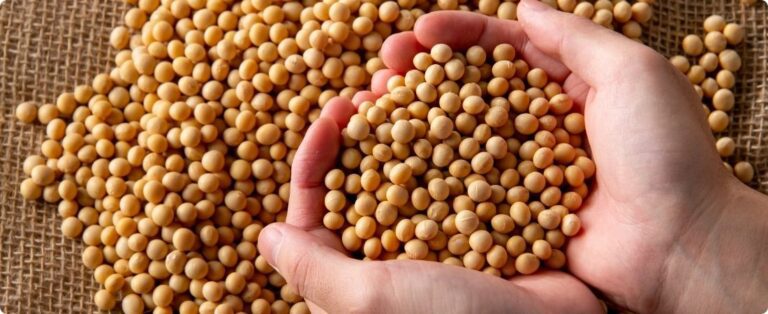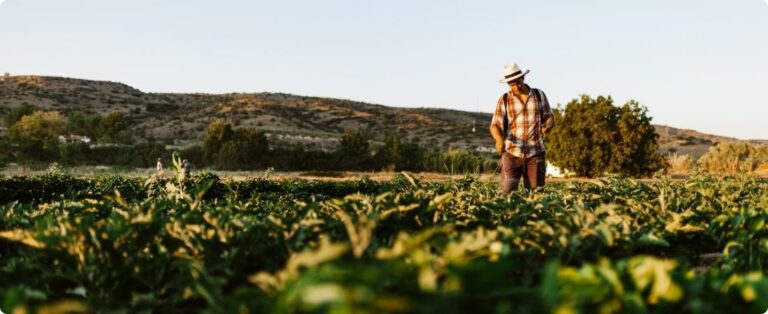Review by Vanessa Ferreira

The global chocolate industry is facing one of its most challenging phases. An estimated deficit of 400,000 tons of cocoa — caused mainly by the decline in African production due to aging plantations and the spread of diseases — has driven the price of cocoa beans to their highest level in history in 2024.
In Brazil, the impact is direct: although there is domestic production, the country depends on imports of African cocoa and suffers from reduced supply. Between December 2023 and 2024, the price of cocoa accumulated an increase of 189%, with peaks of up to 282%, according to the Abia. This appreciation, on the other hand, rekindled interest in the crop, stimulating the expansion of cultivation in new regions.
Slowdown in national production and bottlenecks in the chain
The Brazilian processing industry received 179.4 thousand tons of almonds in 2024, a decrease of 18.5% compared to the previous year. Imports also fell (from 43.1 thousand to 25.5 thousand tons), while exports of derivatives grew 6.2%, totaling more than 50 thousand tons, according to AIPC data.
Even so, local production is far from meeting domestic demand. The Brazilian processing industry has a capacity of 275,000 tons, but the average national production is around 190,000 tons per year. Expectations for the 2025/26 harvest are optimistic, and could exceed 200,000 tons.
With the market under pressure, the need for strategic planning, technical alternatives and operational efficiency becomes even more urgent — especially with Easter approaching, one of the most important dates for the chocolate industry.
Direct impact on Easter egg prices
Between January 2023 and May 2024, chocolate prices increased by up to 18%. The trend towards higher prices for Easter eggs is even stronger in 2025. In response, many companies have been anticipating their purchasing strategies and reformulating products, including using chocolate substitutes. cocoa butter.
CBS: a viable and strategic solution
A CBS (Cocoa Butter Substitute) has been consolidating itself as an efficient alternative to cocoa butter. Produced from vegetable oils such as palm kernel oil, CBS maintains the main sensory characteristics of chocolate, with relevant operational and economic advantages:
- Texture and flavor similar to cocoa butter, with a creamy sensation and pleasant melting.
- More competitive cost, due to the greater supply of vegetable oils used.
- Favorable nutritional profile, free of trans fats, meeting the growing demand for healthier foods.
- Greater oxidative stability, extending the useful life of the products.
- Impeccable aesthetics, with shine and finish ideal for Easter eggs.
Easter 2025: planning and market intelligence make the difference
In the face of a challenging scenario, anticipating decisions and choosing the right inputs is what can differentiate brands that will remain competitive in 2025. The strategic adoption of CBS is one of these decisions. More than a technical replacement, it is an intelligent response to market volatility.
At Aboissa, we closely monitor the sector’s developments and offer the best solutions in vegetable oils and strategic ingredients. For this Easter, our recommendation is clear: up-to-date information, reliable partners and agility in decision-making are the way to transform a crisis into an opportunity.
















